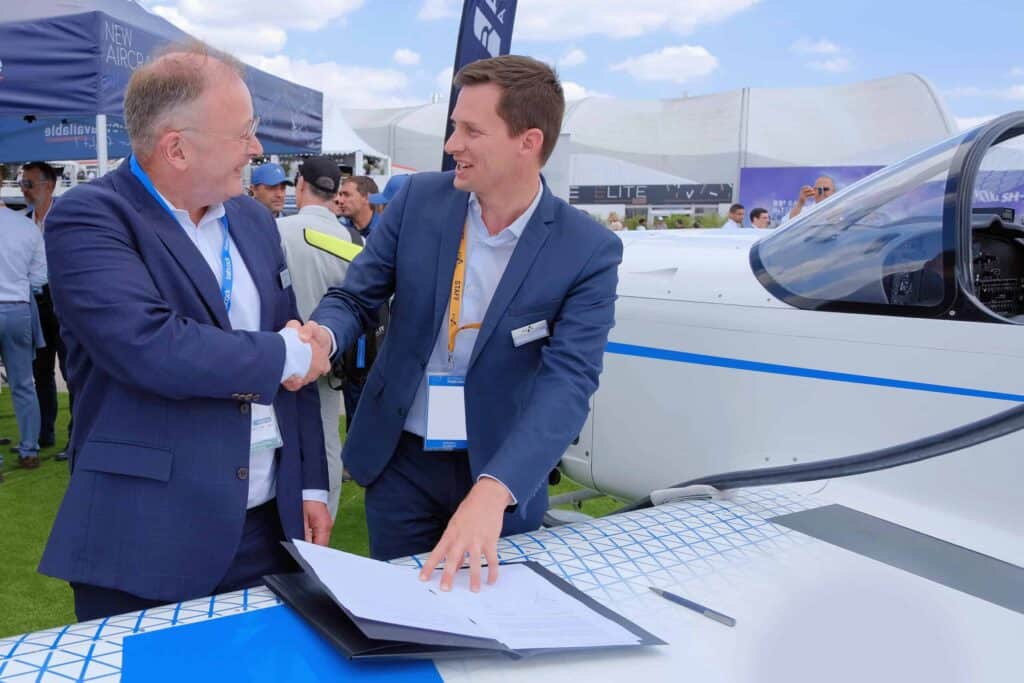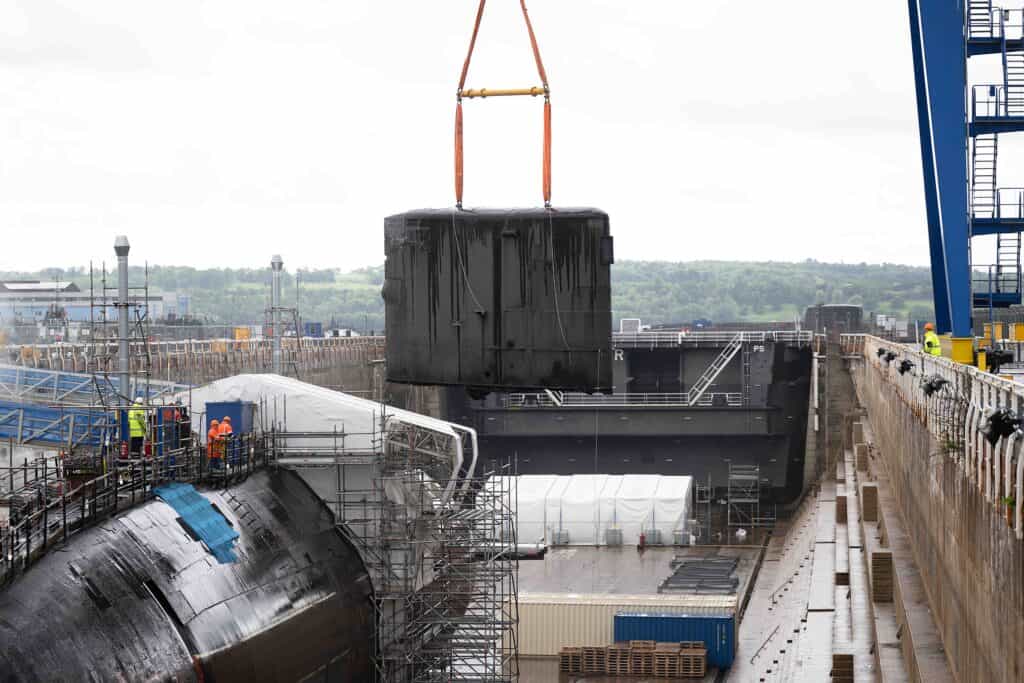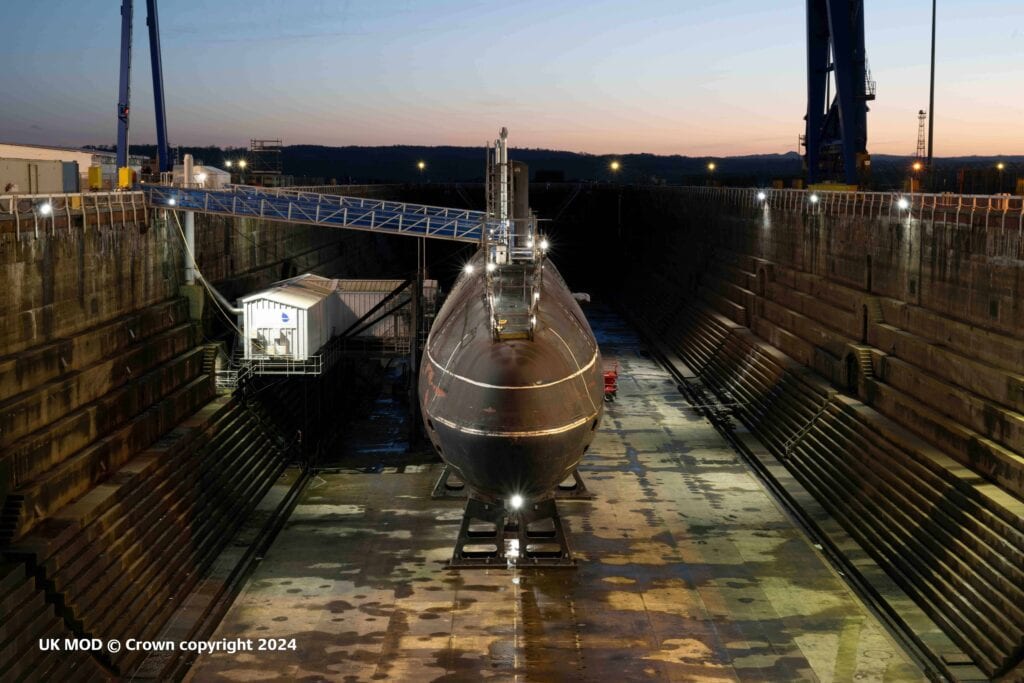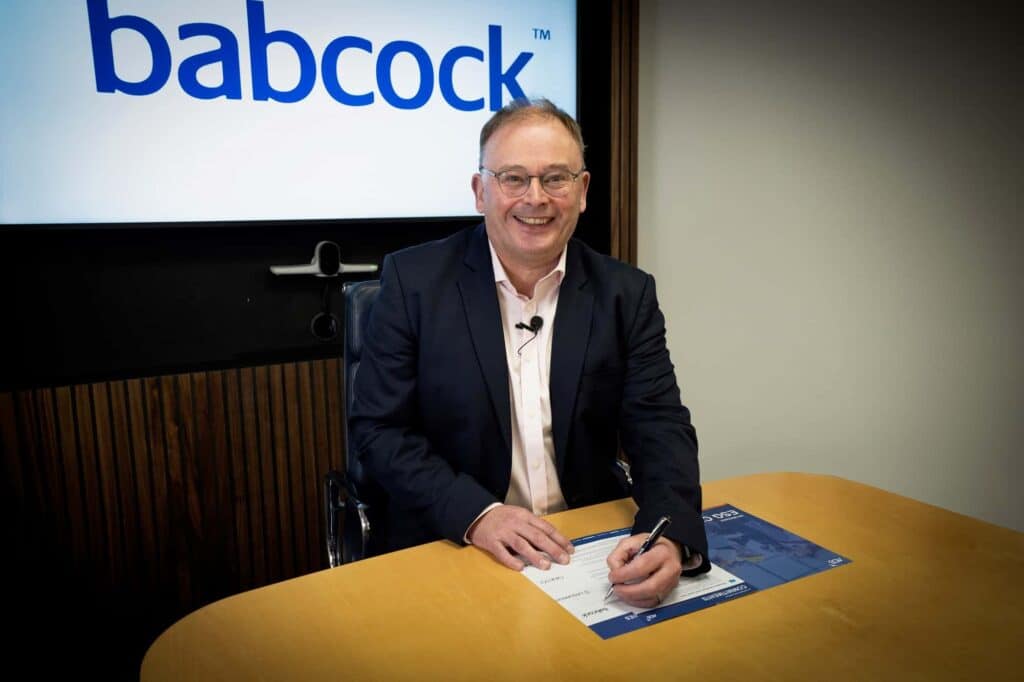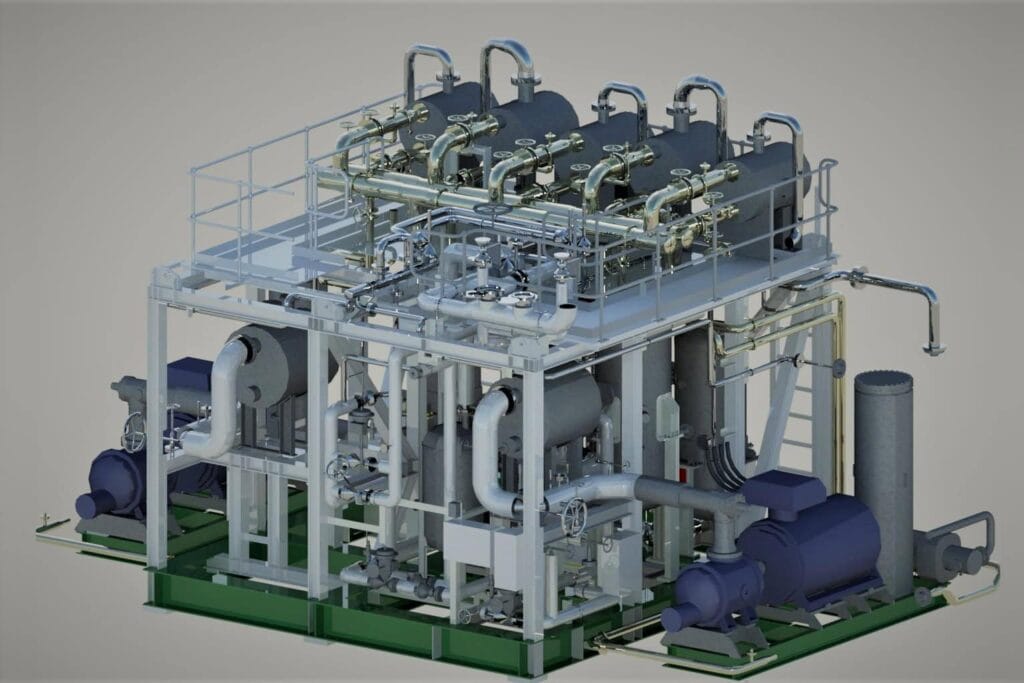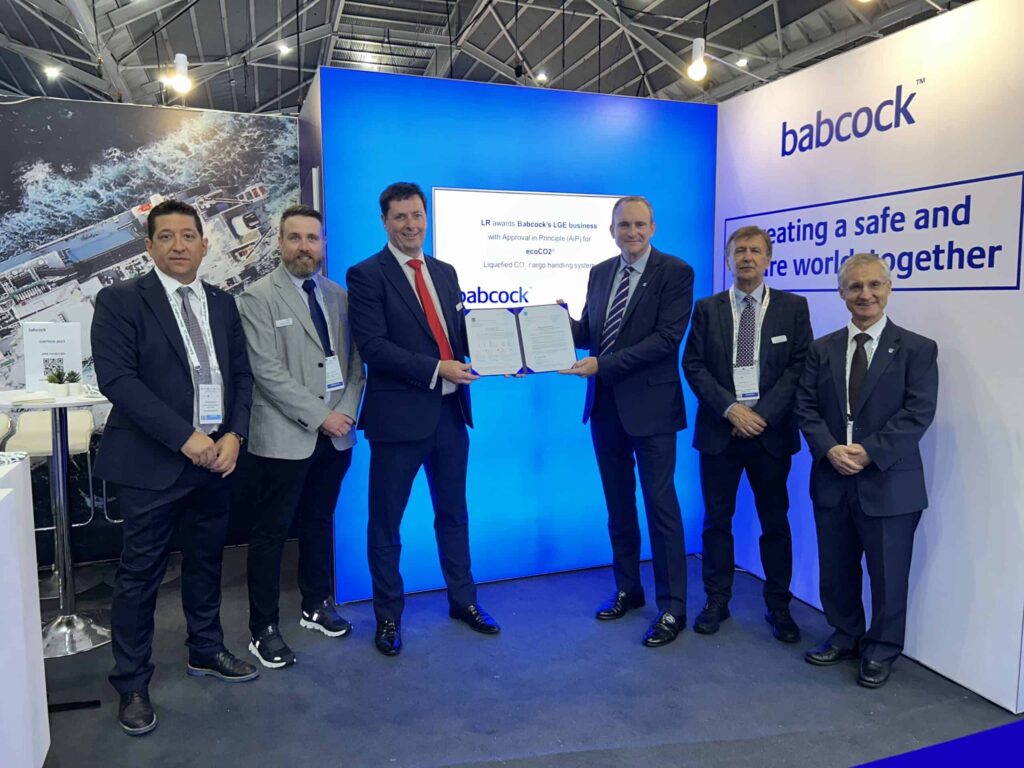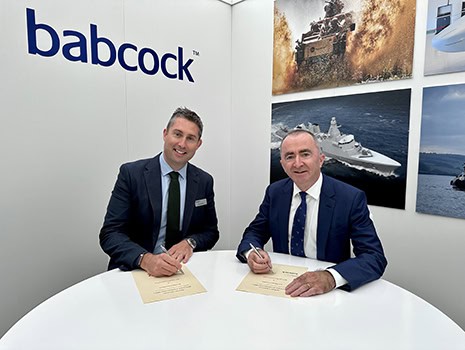Environment
Tackling climate change
Climate Related Risks and Opportunities
Smart solutions
We’re supporting our customers by providing smart answers to joint challenges, such as combating climate change. We’re making their mission our mission by developing innovative low carbon products and services and driving this through our value chain to enable further emission reductions as we work towards achieving a net zero future, together.
We’ve signed the MOD Defence Aviation Net Zero Charter, demonstrating our commitment to sustainability in our own operations and to collaborating with our customers and industry partners in achieving common goals.

Related news
Managing our resources responsibly
Across our global operations we utilise a wide range of resources, and the consumption of materials and resources contributes to our environmental footprint. We are committed to responsible resource management and aim to limit the environmental impacts of our operations, whilst also delivering cost and efficiency benefits.
Within our responsible resource management priority, we are targeting energy, fuels, waste, water and natural resources, but our commitment extends to all our operations and the resources consumed within our business and our wider value chain, including resource used through the delivery and operation of our products and services.
We have decided to initially focus our responsible resource Group-wide target on energy consumption, with the aims of eliminating energy wastage and improving the energy efficiency of the organisation. – we commit to delivering a 15% energy efficiency improvement by 2030, against a 2024 baseline.
To deliver on our energy efficiency commitment, we shall continue to develop and deliver Energy Action Plans across our global operations, and also plan to run a range of targeted energy campaigns aiming to raise awareness and encourage behaviour change.
Protecting the natural environment
We’re committed to both maintaining and enhancing the biodiversity of the ecosystems we interact with, as we strive to protect the environment and adapt to the impacts of climate change. As we work on new initiatives to increase biodiversity across our estate by 10% by 2030, we look forward to ultimately developing a broader natural environmental protection programme in our operations.
Learn more about how we’re supporting a nature positive approach.



